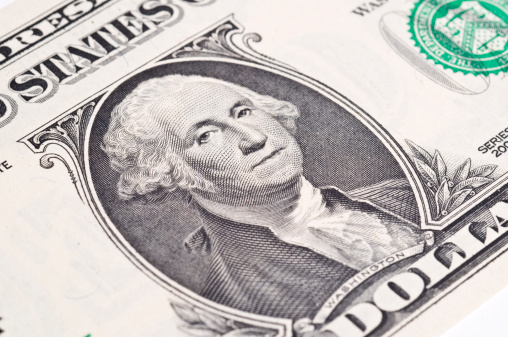Investing
Why All New DJIA Additions Will (and Must) Raise Dividends Very Soon
Published:
24/7 Wall St. is a big fan of dividends, and we expect that there will be several big dividend hikes coming down the pipe from Dow Jones Industrial Average (DJIA) components. That is particularly the case with the new DJIA components. McDonald’s Corp. (NYSE: MCD) and Microsoft Corp. (NASDAQ: MSFT) both just hiked dividends this past week.
What we would first refer you to is our prediction of the six major dividend hikes before the end of 2013. Then we would focus on Visa Inc. (NYSE: V) as well, even if it was not included in our recent dividend hike predictions. Frankly, it should have been obvious but for some reason was not.
Visa Inc. (NYSE: V) is about to become the most important DJIA stock of them all, as it is battling International Business Machines Corp. (NYSE: IBM) as the highest stock price in the index. You just need to recall that the DJIA is price weighted, based on a stock’s nominal share price rather than on its market capitalization or economic contribution.
Visa’s $0.33 per quarter per common share payout is 50% higher than it was a year earlier, and we have seen four straight quarters of that $0.33 paid out. It is also a yield of a paltry 0.7%, and this just doesn’t cut it for a DJIA component. Even if Visa hikes its payout all the way up to $0.50 per share per quarter, a massive 50% hike again, it still yields only 1.02%.
Thomson Reuters consensus earnings estimates for Visa are $7.59 per share in 2013 and $8.90 per share in 2014. If it were to pay out $2.00 per year ($0.50 per quarter), that is only 22% of normalized earnings for next year. Sure, we know much of that comes from overseas, but how low of a payout ratio should companies strong enough and important enough to become members of the DJIA really be allowed to dribble out to shareholders.
We have predicted that Nike Inc. (NYSE: NKE) will raise its payout to $0.24 or $0.25 per quarter from $0.21 per share now, similar to what was seen toward the end of 2012. Its yield is only 1.2%. We also would point out that only about 28% of its normalized earnings are being paid out. Unfortunately, many of those same earnings are internationally held and would be taxed substantially if repatriated under the current scheme.
Goldman Sachs Group Inc. (NYSE: GS) is the final component being added to the esteemed DJIA. It hiked its dividend last October, and we expect the same to take place this year. Despite this being considered one of the top Wall Street firms and one of the best run for earnings of them all, Goldman Sachs pays a mere 1.2% dividend yield. That is far too small, and without being too greedy, we would like to see a hike of 50% or even 100% to that payout. As of now, the payout is only about 13% of normalized earnings, and that is just really unacceptable for a firm of its prestige and for a DJIA financial stock.
The big DJIA changes coming are as of the close Friday and set for the open of trading on Monday. At that point components such as Bank of America Corp. (NYSE: BAC), Alcoa Inc. (NYSE: AA) and Hewlett-Packard Co. (NYSE: HPQ) are all being jettisoned from the DJIA. We could talk about their dividends, but those discussions will be of little merit for some time.
Retirement can be daunting, but it doesn’t need to be.
Imagine having an expert in your corner to help you with your financial goals. Someone to help you determine if you’re ahead, behind, or right on track. With SmartAsset, that’s not just a dream—it’s reality. This free tool connects you with pre-screened financial advisors who work in your best interests. It’s quick, it’s easy, so take the leap today and start planning smarter!
Don’t waste another minute; get started right here and help your retirement dreams become a retirement reality.
Thank you for reading! Have some feedback for us?
Contact the 24/7 Wall St. editorial team.